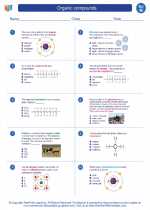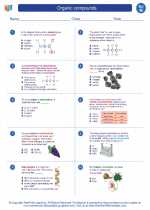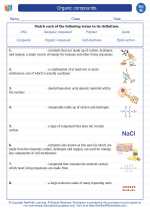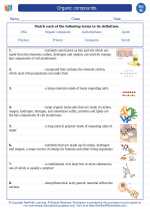Cultural Anthropology
Cultural anthropology is a branch of anthropology focused on the study of human cultures, their beliefs, practices, and social structures. It seeks to understand the diversity of human societies and the similarities that bind them together.
Key Concepts
- Culture: The beliefs, behaviors, and artifacts of a particular group of people.
- Social Structure: The organization of a society, including its institutions, roles, and hierarchies.
- Ethnography: The systematic study and description of a particular culture.
- Cultural Relativism: The principle that a culture must be understood on its own terms, rather than being judged by the standards of another culture.
- Language: The system of communication used by a particular society, including its structure and usage.
- Globalization: The process by which cultures and societies around the world are increasingly interconnected.
Methods of Study
Cultural anthropologists use a variety of methods to study and understand human cultures:
- Participant Observation: Immersing themselves in a particular culture to observe and participate in its daily life.
- Interviews: Conducting structured or unstructured interviews with members of a culture to gain insight into their beliefs and practices.
- Archival Research: Examining historical documents, artifacts, and other records to trace the development of a culture over time.
- Comparative Analysis: Analyzing similarities and differences between different cultures to understand the range of human diversity.
Significance
Cultural anthropology is important because it helps us understand the richness and complexity of human societies. By studying different cultures, we can gain insights into the ways in which people organize their lives, make meaning, and adapt to their environments. This understanding is crucial for building empathy, promoting cross-cultural communication, and addressing global challenges such as poverty, inequality, and environmental sustainability.
Key Figures in Cultural Anthropology
- Franz Boas: Known as the "father of American anthropology," Boas emphasized the importance of cultural relativism and conducted influential studies of Indigenous cultures in North America.
- Margaret Mead: A pioneering anthropologist known for her studies of adolescence and gender roles in different cultures, including her work in Samoa.
- Clifford Geertz: A leading figure in symbolic anthropology, Geertz focused on the interpretation of symbols and meanings within cultural contexts.
- Zora Neale Hurston: An anthropologist and writer who conducted important ethnographic research on African American folklore and culture.
Further Reading
If you're interested in learning more about cultural anthropology, consider exploring the following books:
- Culture and Imperialism by Edward Said
- Patterns of Culture by Ruth Benedict
- Debt: The First 5,000 Years by David Graeber
- The Interpretation of Cultures by Clifford Geertz
◂Science Worksheets and Study Guides Eighth Grade. Organic compounds

 Worksheet/Answer key
Worksheet/Answer key
 Worksheet/Answer key
Worksheet/Answer key
 Worksheet/Answer key
Worksheet/Answer key
 Vocabulary/Answer key
Vocabulary/Answer key
 Vocabulary/Answer key
Vocabulary/Answer key
